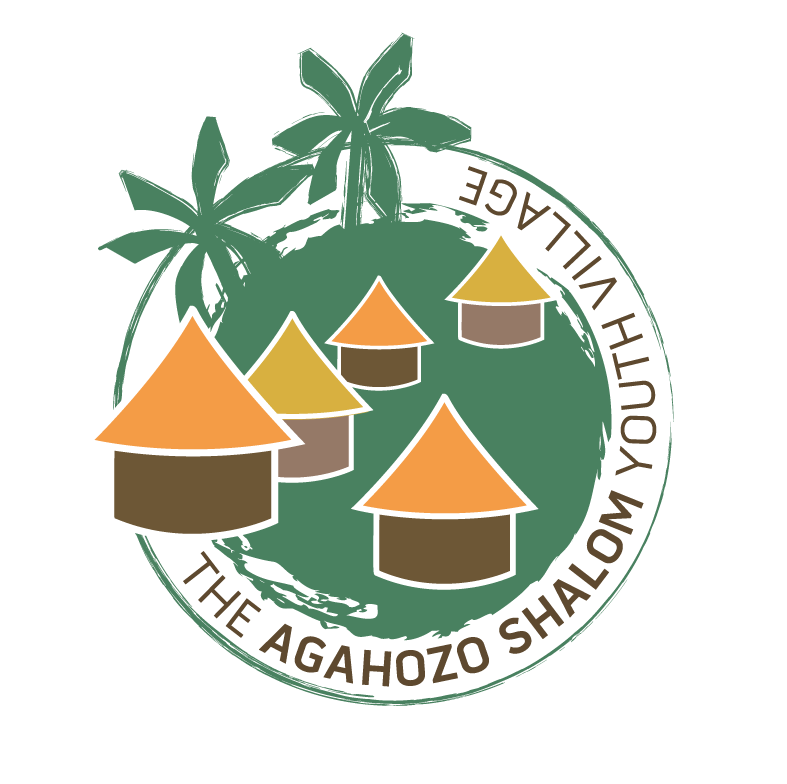NEVER AGAIN
The 90 days between April and July in Rwanda mark the 1994 Genocide commemoration period. Throughout the country, memorials are held in public and in private. One can witness groups of people wearing black or gray walking through the streets with banners, walking to remember, any time of day, any day of the week. It is a time when everyone at Agahozo-Shalom, students and staff alike, engage in conversations about Rwanda’s history, express their struggles, sometimes tell their stories and collectively wrestle with the direct and indirect experiences this community has had.
As is tradition within the community, the Village identifies a specific day that is set aside in order to conduct formal ceremonies, invite guest speakers, participate in a ‘Walk to Remember’ and commemorate the 1994 Genocide. That day was Friday May 3rd, 2013.
The day began Thursday following dinner with the entire student body, informal staff and administration gathering for an evening of expression around a bonfire. Everyone sat in a circle while students delivered songs they had written in honor of loved ones or music in the form of a call to action for Rwanda in remembering the past and using it to inform the future. Skits were performed in which students divulged the depth of doubt and struggle they feel in being the ones who survived. They voiced questions in their original poetry about the struggles of survivors and the pain of losing family and friends. The evening was one of raw emotion and deep, meaning-filled expression.
The following morning began in silence with a ‘Walk to Remember.’ Students and staff gathered at the gate to the Village dressed in their Agahozo-Shalom uniforms pinned with grey ribbons, and walked a mile and a half to the local government building where they were addressed by a local minister. He told the story of the area during the Genocide describing how the streets they just walked were littered with bodies. “This area is far from innocent,” he said, “Many horrifying things happened here.” He pointed out places where memorials have been erected in memory of the crimes committed. “Try to remember what they did, what they tried to destroy, and work to uphold the core values of this country. We have to make the effort so that it won’t happen again.”
Throughout the remainder of the day students heard from local authorities, their peers and staff about the challenges of coping with the aftermath of the 1994 Genocide. Students were invited to participate and many expressed feelings of guilt and a lack of understanding for why they were spared. Those who witnessed the genocide spoke about the struggle to live and continue living with the atrocities imprinted in their minds.
The day concluded with a candle lighting ceremony and collective prayer. The leadership in the Village addressed the students with blessings and wishes for them in their future, leaving the day on a positive note of hope, emphasizing the importance of honoring the past while moving with strength towards a bright future.
Submitted by long-term volunteer, Shira Liff-Grieff
